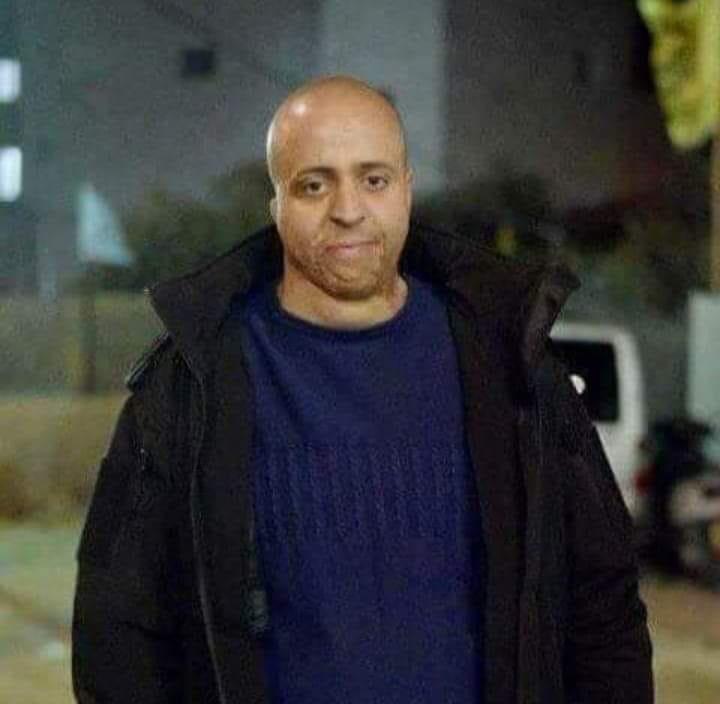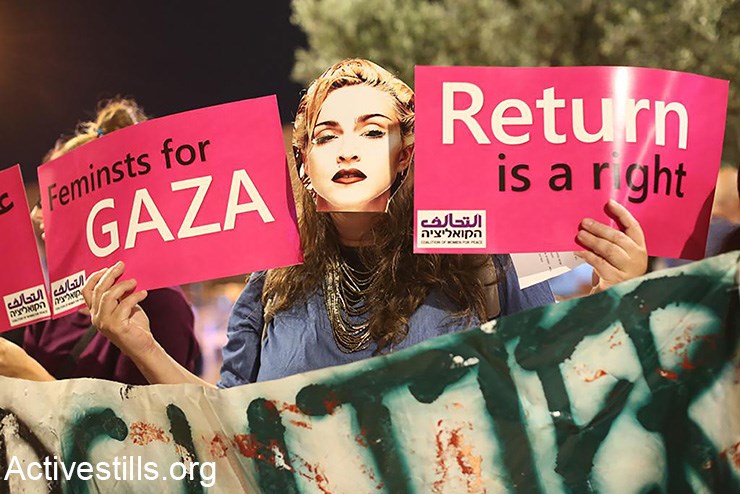Tag: Prisoner
-
Isawiya, a Palestinian town under siege by the Israeli occupation forces
August 1 | International Solidarity Movement | Isawiya, East Jerusalem, occupied Palestine For the past two months, Isawiya, a Palestinian neighbourhood of 17,000 in East Jerusalem, has been under a constant state of siege by Israeli Occupation Forces (IOF). Tactics used by the IOF include nightly raids, arbitrary arrests, indiscriminate use of tear gas, rubber…
-
Huzaifa Bader: Fighting for justice; fighting for his life
July 25 2019 | International Solidarity Movement | Abu Dis, Occupied Palestine On the morning of the 25th of July Huzaifa Bader, 27, was rushed to Ramleh Prison Hospital in the occupied West Bank after he had been on hunger strike for 25 days. With his health deteriorating and with no sign of progress in…
-
ISM Week of Action Against Eurovision
May 2019 | International Solidarity Movement| occupied Palestine ISM’s week of action against the Eurovision in Tel Aviv In coordination with the Palestinian Boycott National Committee (BNC) and The Palestinian campaign for the Academic and Cultural Boycott of Israel (PACBI) and in collaboration with Israeli anti zionist groups has been a huge success! From before…



